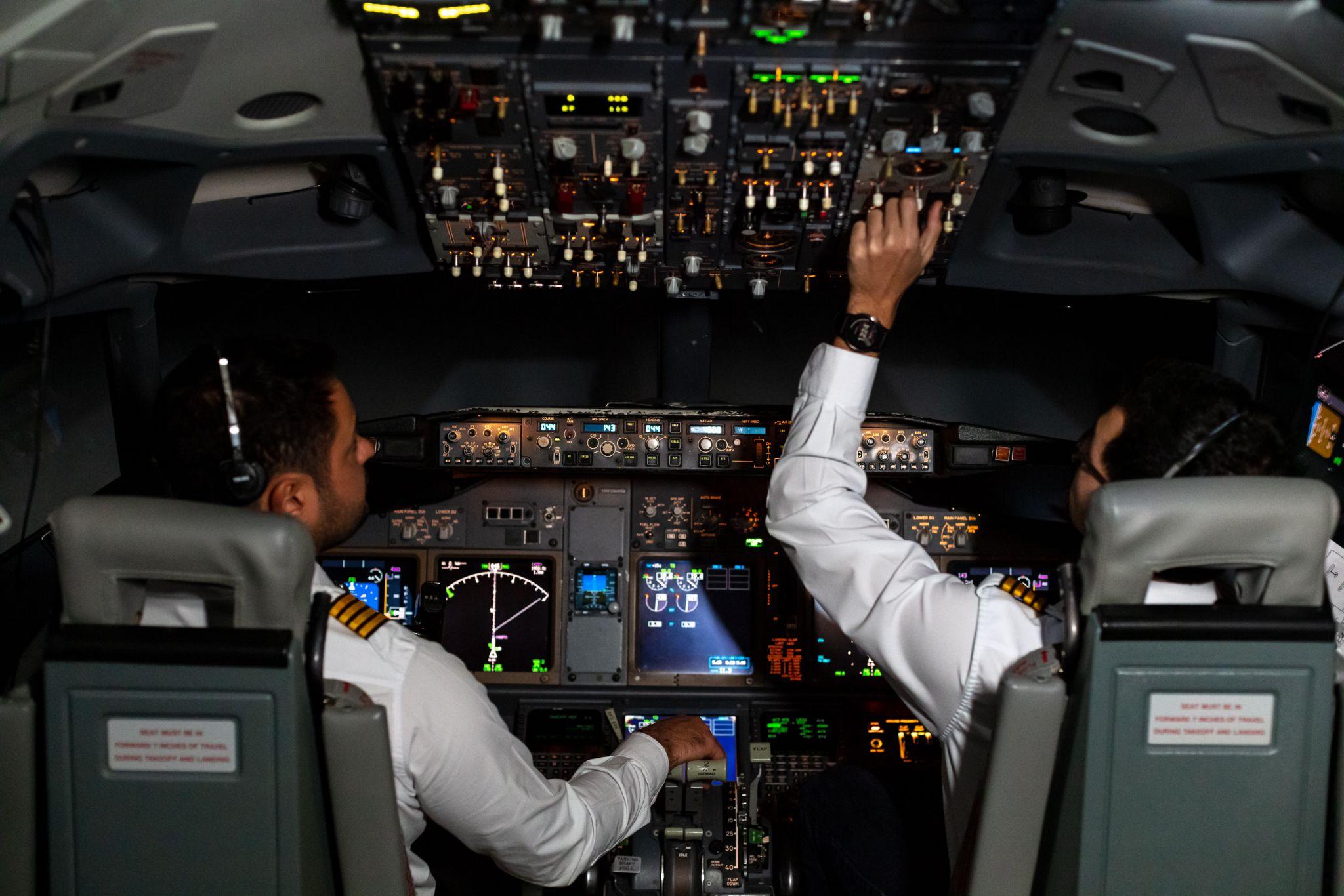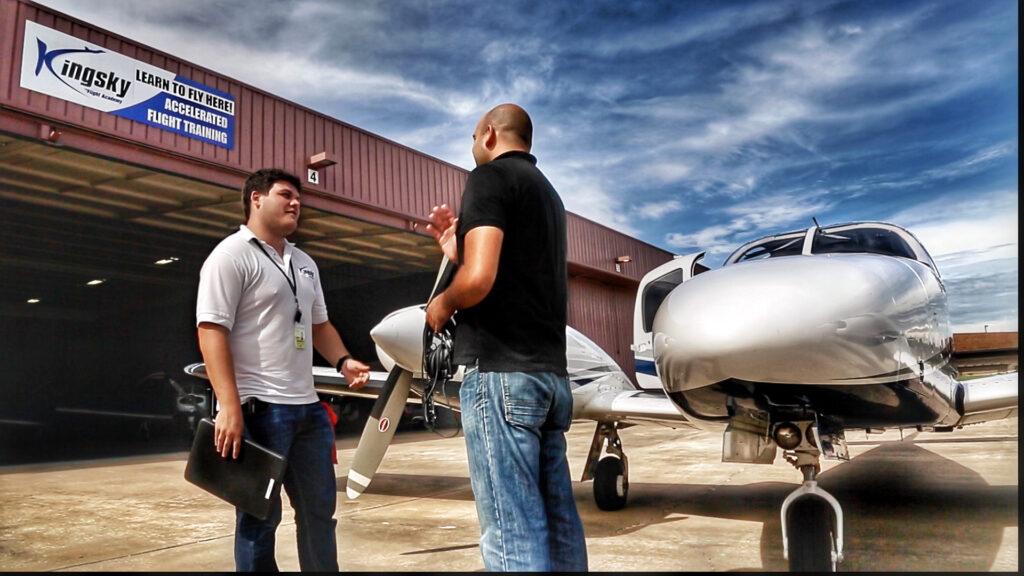The aviation industry, recovering from the pandemic’s impact, is poised for significant growth in the coming years. Leading aircraft manufacturers, Airbus and Boeing, have released their forecasts, highlighting a surge in demand for new aircraft and an acute need for aviation personnel and services.
The forecasts provide insights into what the next 20 years may hold for the global aviation market where Airbus and Boeing offer a compelling vision of the aviation industry’s future. They suggest a world where air travel becomes more accessible, efficient, and sustainable, driving economic growth and connecting people across continents.
As the industry prepares to meet these challenges and capitalize on these opportunities, the next couple of decades promise to be a period of dynamic change and exciting developments in the world of aviation. The industry will not only require a new wave of pilots and cabin crew but also a surge in digital technology experts, flight operation personnel, and maintenance technicians.
Aircraft Demand Forecast
According to Airbus’ Global Market Forecast (GMF) and Boeing’s Commercial Market Outlook (CMO), over 40,000 new passenger and cargo aircraft will be needed by 2042. This demand is driven by the need to replace aging fleets and accommodate the expanding global fleet. Airbus predicts a demand for 40,850 aircraft, with 80% being narrowbody jets.
Boeing’s outlook is slightly higher at 42,595 aircraft, with over 80% in the narrowbody sector. Key growth regions include Asia-Pacific, China, Europe, North America, Latin America, Africa, and the Middle East, with China and India particularly highlighted for their rapid aviation growth.
Labor and Services Needs
Boeing’s analysis shows a requirement for over 2.2 million aviation personnel, including pilots, cabin crew, digital technology staff, flight operation personnel, and maintenance technicians. The aviation services market is projected to grow substantially, valued at $3.8 trillion by 2042.
Moreover, this projected growth in labor and services needs signals a transformative phase in the aviation industry, emphasizing the importance of specialized training and education programs. As the sector evolves, there will be a significant shift toward more technologically advanced roles, necessitating a workforce that is not only skilled in traditional aviation practices but also adept in emerging digital technologies.
The emphasis on continuous learning and professional development will be key in maintaining the high standards of safety and efficiency that are the hallmark of the aviation industry, and ensuring there is no pilot shortage in the future.
Training and Pilot Services

The sector of Training and Pilot Services is expected to constitute approximately 5% of the total aviation services, focusing primarily on pilot training and certification. This highlights the increasing need for qualified pilots in the expanding aviation industry.
Additionally, the rising demand for more sophisticated training programs, incorporating the latest in simulation technology and adaptive learning methodologies, is a response to the evolving complexity of modern aircraft systems. These programs aim not only to equip new pilots with the necessary skills but also to ensure that experienced pilots are continually updated on the latest advancements and safety protocols.
The integration of virtual reality and artificial intelligence in training modules represents the future of pilot education, offering more immersive and effective learning experiences that mirror the real-world challenges pilots face.
Digital Solutions and Analytics
Another critical area is Digital Solutions and Analytics, which plays a vital role in operational planning, efficiency, and safety. This sector is projected to account for about 6% of the total services, underlining its importance in the modern aviation landscape.The integration of big data analytics and AI in this sector is revolutionizing the way airlines and airports optimize flight operations and passenger flow.
Moreover, advancements in this field are essential for predictive maintenance, improving the accuracy and timeliness of critical decision-making processes, thereby enhancing overall operational reliability and safety standards in the aviation industry.
Maintenance, Repair, Overhaul, and Modifications (MRO)
The Maintenance, Repair, Overhaul, and Modifications (MRO) sector is set to represent a significant portion of the services, estimated at 30%. This sector will focus on the regular maintenance and overhaul requirements essential for aircraft and engines, ensuring their safe and efficient operation. The expansion of this sector also mirrors the increasing complexity and technological sophistication of modern aircraft, necessitating more advanced maintenance techniques and diagnostics.
Furthermore, the MRO sector is expected to innovate in areas like predictive maintenance, using data analytics and machine learning to anticipate and prevent potential issues before they arise. This proactive approach in maintenance not only enhances safety but also optimizes the lifecycle and performance of aircraft, contributing to the overall sustainability goals of the aviation industry.
Parts and Distribution Services
The largest share of the aviation services market, at 39%, is expected to be in Parts and Distribution Services. This sector is crucial for the smooth functioning of the aviation supply chain, providing both new and serviceable parts for aircraft. This sector’s prominence underscores the importance of a reliable and efficient supply chain in the aviation industry.
With the anticipated increase in aircraft production and maintenance, the demand for timely and effective parts distribution will become more critical than ever. This sector is also expected to see advancements in logistics and inventory management, utilizing technologies such as blockchain and IoT (Internet of Things) to enhance tracking, reduce lead times, and improve overall supply chain transparency.
These innovations are pivotal in ensuring that airlines can maintain high operational efficiency and minimize aircraft downtime due to parts unavailability.
Flight Training from Kingsky Flight Academy

For institutions like Kingsky Flight Academy, this opens up a realm of opportunities. It emphasizes the need for advanced training programs and educational resources to prepare the next generation of aviation professionals. Call us at (863) 248-2543 to discuss the courses you need to advance your future in aviation.
Sources:
